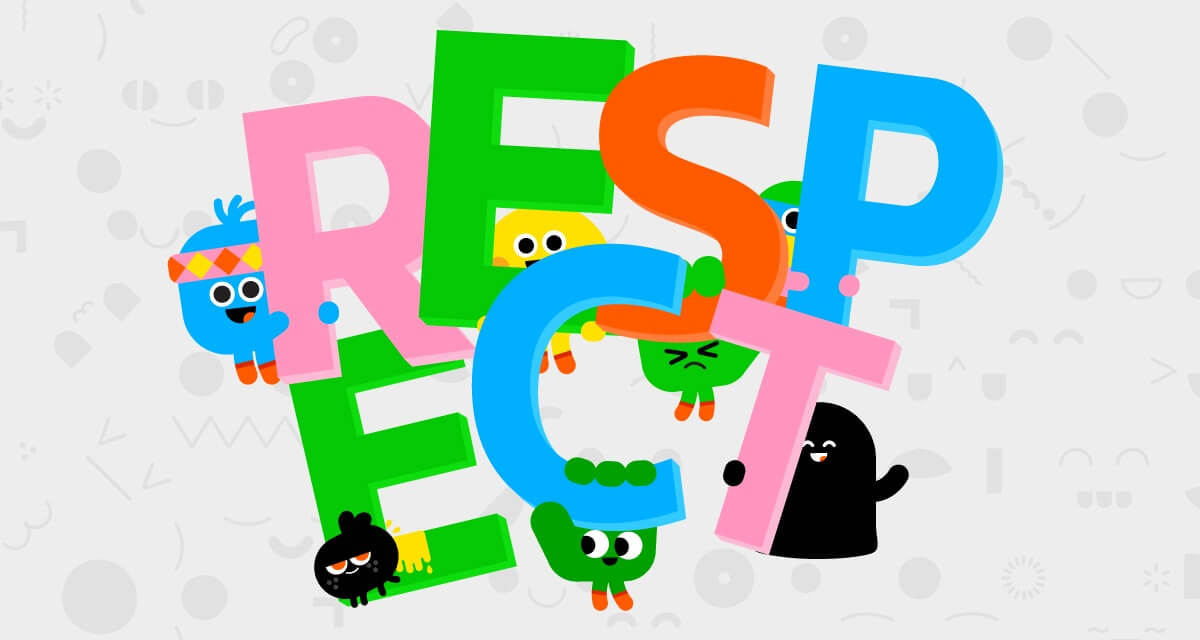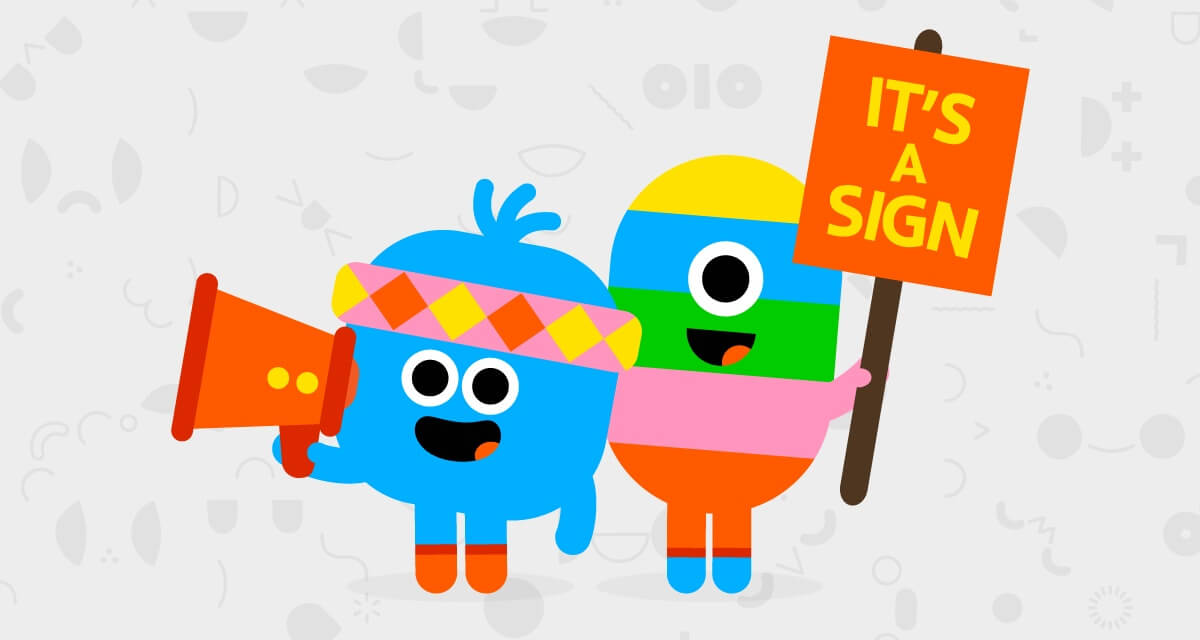Do any of these phrases sound familiar? Here's why you may want to reconsider them.
- By
- Parker Barry
As parents, most of us have some fallback phrases that are all-too-easy to throw out there without much thought — who hasn’t said “Because I said so”? Here are some easy ways to turn common phrases that parents say into language that respects kids as equal, intelligent beings.
1. “Do it right now” and “We’ll do it later.” The hectic pace of modern family life means parents often have to ask kids to move quickly for us and ask them to wait to do things they want to do. Far more often than I’d prefer, I find myself saying things to rush my kids or telling them to wait.
- Give kids a timeline to anticipate. No one at any age wants to be rushed without notice or stalled indefinitely. “You have 15 more minutes to play, then we need to leave,” and “I’ll set this timer for 30 minutes, and when it’s done I’ll set my work aside and we can go outside.” Then stick to it. If parents expect kids to respect our time demands, we need to hold ourselves accountable for respecting our kids’ time needs, too.
No one at any age wants to be rushed without notice or stalled indefinitely.
2. “Good job!” Experts say when kids hear “good job” and other forms of praise too often it can dampen kids’ motivation, as well as make them feel manipulated and less confident in their own abilities. (Read Punished by Rewards by Alfie Kohn for further research-based details).
- Express specific appreciation, admiration and interest through phrases such as “Thanks for showing me your work, I love seeing what you do” or “I notice (give a specific example of something interesting about their work).”
3. “Excuse me” and “No, thank you.” OK, you should say these phrases to your kids — they are words that people typically use to be polite. But they’re sometimes lobbed at kids as corrections when they’re doing something the adult doesn’t want them to do. It’s confusing to young kids who are told to say “excuse me” and “no, thank you” in order to be polite to then hear those words used with harsh tones toward them as a correction device.
- Nix sarcasm. Model use of courtesy words with kids in the same way they’re used when speaking with adults. “Bringing up children to become people we like and admire requires us to at least try to live the qualities we want them to embody,” writes Susan Stiffelman, MFT, author of Parenting with Presence.
4. “Why did you do that?” Young kids often simply do not know why they did what they did, they just did it. Kids haven’t had enough life experience to fully discern the motivations for and risks of their actions. When I’ve made the mistake of asking my kids “Why did you do that?” in exasperation when they’ve made a mess or an error in judgment, they’ve given me a deer-in-headlights blank stare that makes me wonder “Why did I ask that?” In the classic parenting book How to Talk So Kids Will Listen and Listen So Kids Will Talk the authors write: “Any sentence that begins with a ‘Why did you’ or ‘Why didn’t you’ can feel like an accusation.”
- Seek to understand kids’ actions rather than accusing them, and be solutions-oriented. Say “Can you help me understand what happened? Let’s think about some solutions together.”
Young kids often simply do not know why they did what they did, they just did it.
5. “Because I said so.” This classic parenting phrase is the one that many of today’s parents probably remember disliking most as kids. We didn’t like hearing it then, and our kids don’t like hearing it now.
- Offer an honest explanation that leaves room for questions and negotiation. If pressed for time or it’s a non-negotiable safety issue, say “You have to do this now. I’ll explain why later.”
We didn’t like hearing ‘Because I said so’ as kids, and our kids don’t like hearing it now.
Do you use any of these phrases with your kids? Do you consider them necessary? Effective? Let us know your experience in the comments!






